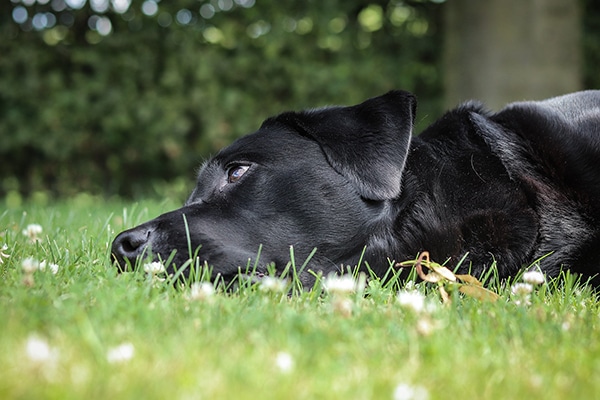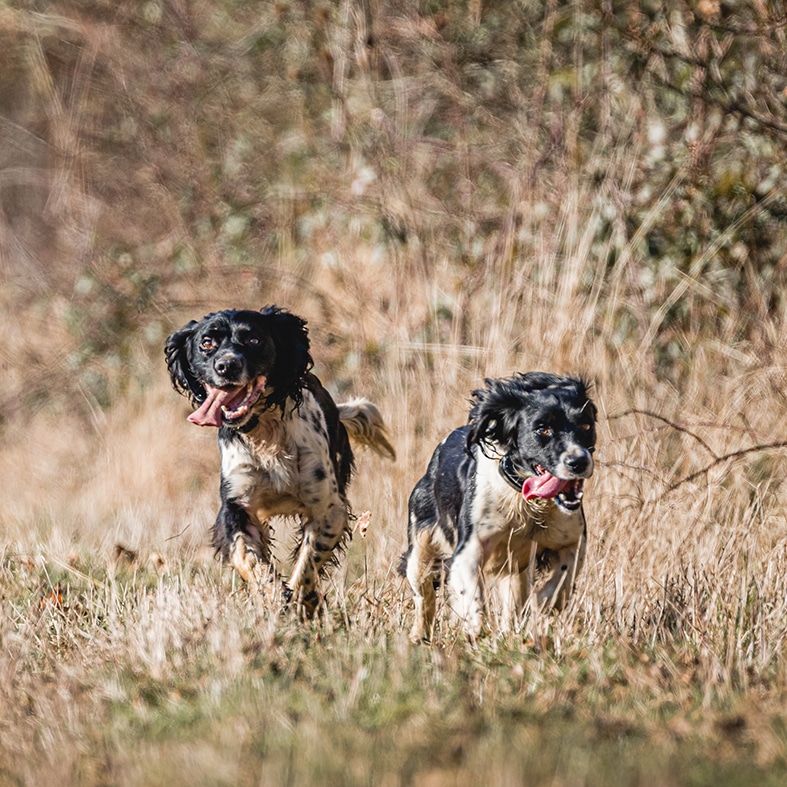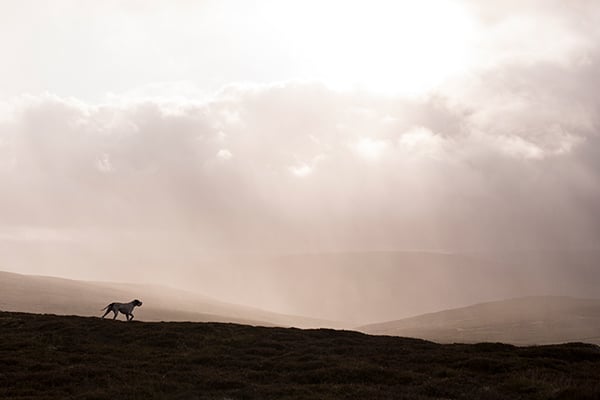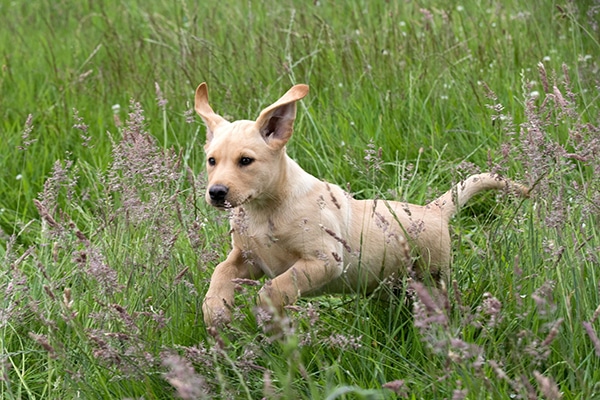
Dealing with Heat Stroke
Vet Rebecca Bailey has provided practical guidance and advice on spotting heat stroke, and preventing it, in dogs.
Get information on the legal shooting season for mammals and birds in the UK.
Learn about our current conservation projects and how you can get involved.
Comprehensive information and advice from our specialist firearms team.
Everything you need to know about shotgun, rifle and airgun ammunition.
Find our up-to-date information, advice and links to government resources.
Everything you need to know on firearms law and licensing.
All the latest news and advice on general licences and how they affect you.


Gundogs Gundog advice First aid in the field
Vet Rebecca Bailey shares her essentials for a good first aid kit and some quick tips on need-to-know first aid care.
It’s rare for a working gundog to get through its life without a few cuts and minor injuries. Occasionally something more serious happens, but you can be prepared for most eventualities with a good first aid kit on hand.
On every shoot day or excursion, there should be at least one good first aid kit available.
Having the right kit will enable you to manage a variety of common issues and ailments effectively, and give you time to seek further veterinary help if required.
If faced with a large volume of blood that suggests a severed vessel, you need to quickly apply pressure to stem the bleeding.
Roll up your tea towel to make a thick pad and tape it firmly over the affected area.
Call the vet. This much blood will warrant fast veterinary action so secure the pad and pressure as best you can and seek assistance.
For less severe wounds and tears you can take a more measured approach.
It may be hidden under mud or fur. Use your bottle of water to flush the wound and wash your hands. Or use hand sanitiser or put gloves on before taking a closer look.
Use the mild antiseptic solution to clean the wound. For minor skin abrasions, once clean, a layer of Vaseline will help protect and slow bleeding.
If the wound is in a place where a bandage can be applied, then cover it. Use a non-adherent gauze or lint for a good first layer then aim to have a layer to pad and a layer to hold it all in place.
Not the most obvious items but highly recommended for your kit are a source of food and a muzzle.
Working dogs are expending a huge amount of energy and can go a bit wobbly or collapse if they over-exert.
Carry some dog treats with you just to help keep energy levels up throughout the day.
However, DON’T give a dog anything if the dog is injured and you suspect surgery is likely to be needed, as this may delay the anaesthetic.
Even the most placid of dogs may bite when frightened or in severe pain.
Never be afraid to use a muzzle either a manufactured one or a piece of bandage tied around the nose. It is more important that you can act quickly and safely to see to your dog if first aid is required.
If you’re in any doubt about your dog’s well-being or feel out of your depth in caring for a wounded or distressed dog, call your vet.


Vet Rebecca Bailey has provided practical guidance and advice on spotting heat stroke, and preventing it, in dogs.

UK dog theft has been on the rise for several years and was particularly prevalent during the Covid-19 lockdowns.

Microchipping is compulsory for all dogs over 8 weeks old in the UK and any owners whose dog is discovered not to be microchipped face criminal prosecution and a £500 fine.
Sign up to our weekly newsletter and get all the latest updates straight to your inbox.
© 2023 British Association for Shooting and Conservation. Registered Office: Marford Mill, Rossett, Wrexham, LL12 0HL – Registered Society No: 28488R. BASC is a trading name of the British Association for Shooting and Conservation Limited which is authorised and regulated by the Financial Conduct Authority (FCA) under firm reference number 311937.
If you have any questions or complaints about your BASC membership insurance cover, please email us. More information about resolving complaints can be found on the FCA website or on the EU ODR platform.
This website uses cookies so that we can provide you with the best user experience possible. Cookie information is stored in your browser and performs functions such as recognising you when you return to our website and helping our team to understand which sections of the website you find most interesting and useful.
Strictly Necessary Cookie should be enabled at all times so that we can save your preferences for cookie settings.
If you disable this cookie, we will not be able to save your preferences. This means that every time you visit this website you will need to enable or disable cookies again.
This website uses Google Analytics to collect anonymous information such as the number of visitors to the site, and the most popular pages.
Keeping this cookie enabled helps us to improve our website.
Please enable Strictly Necessary Cookies first so that we can save your preferences!
More information about our Cookie Policy